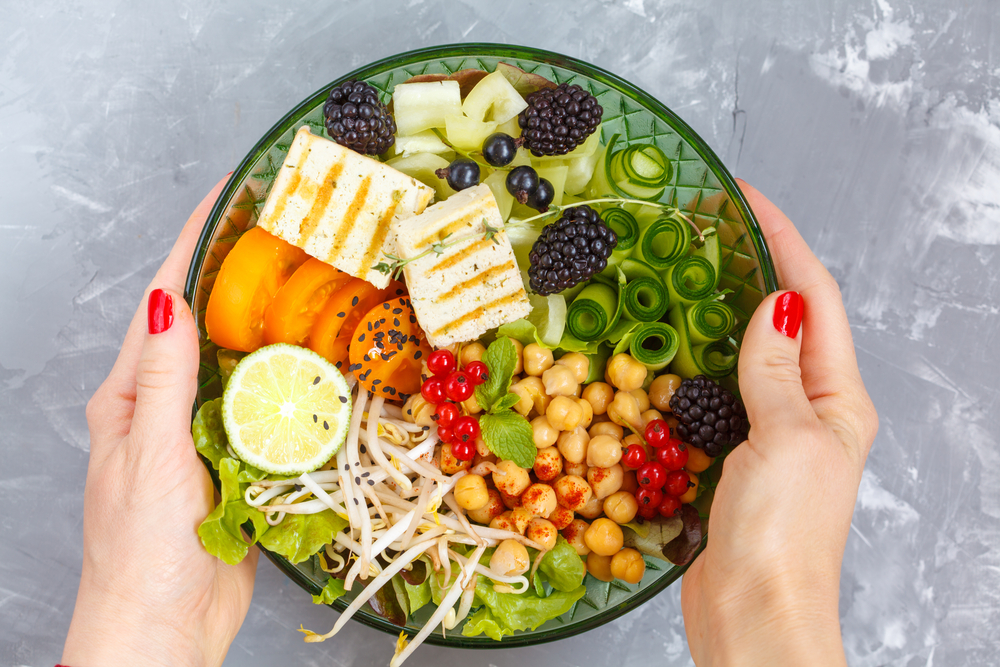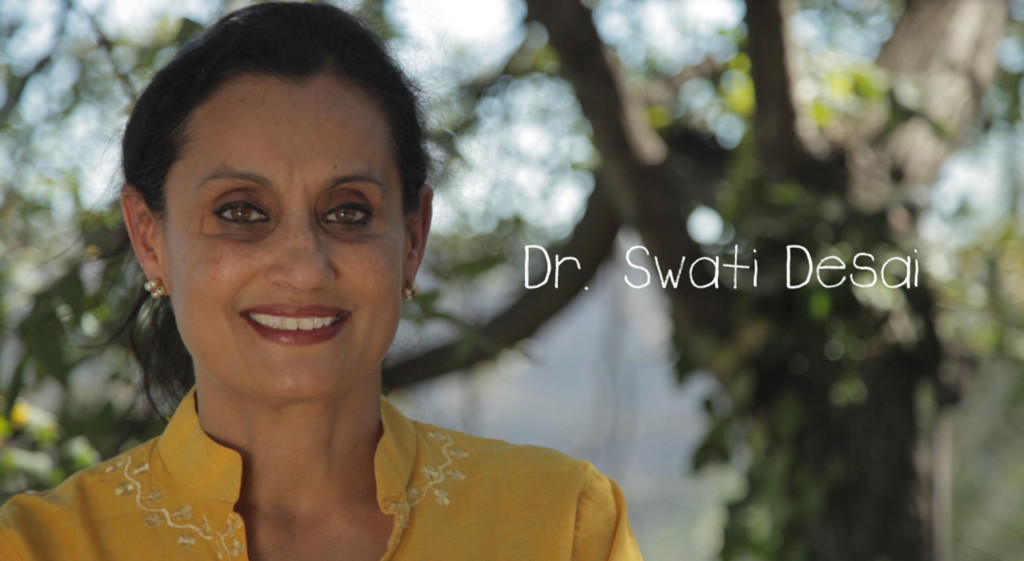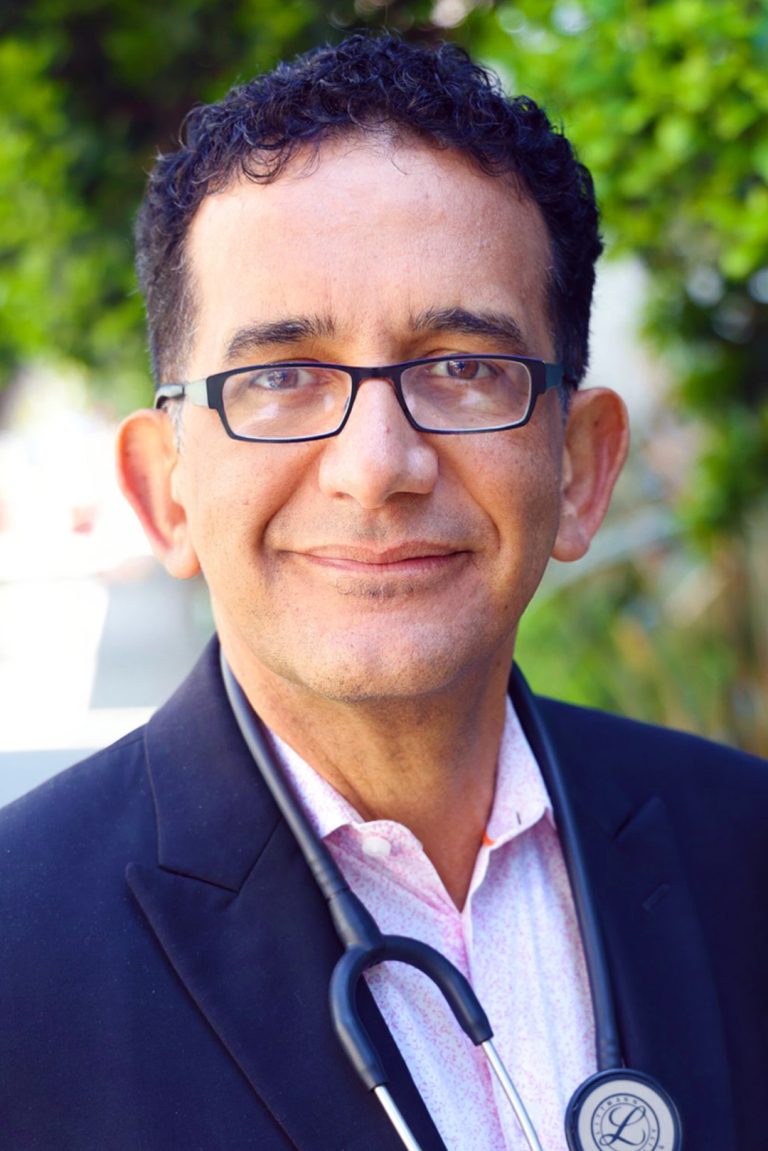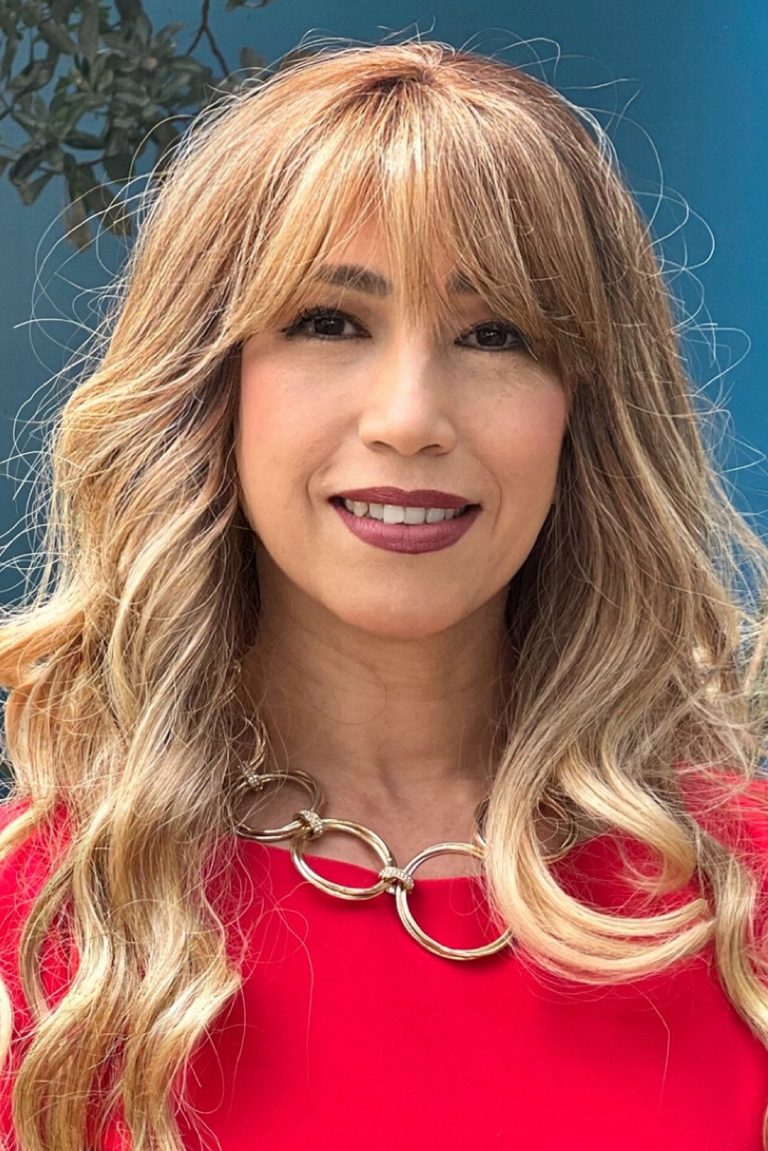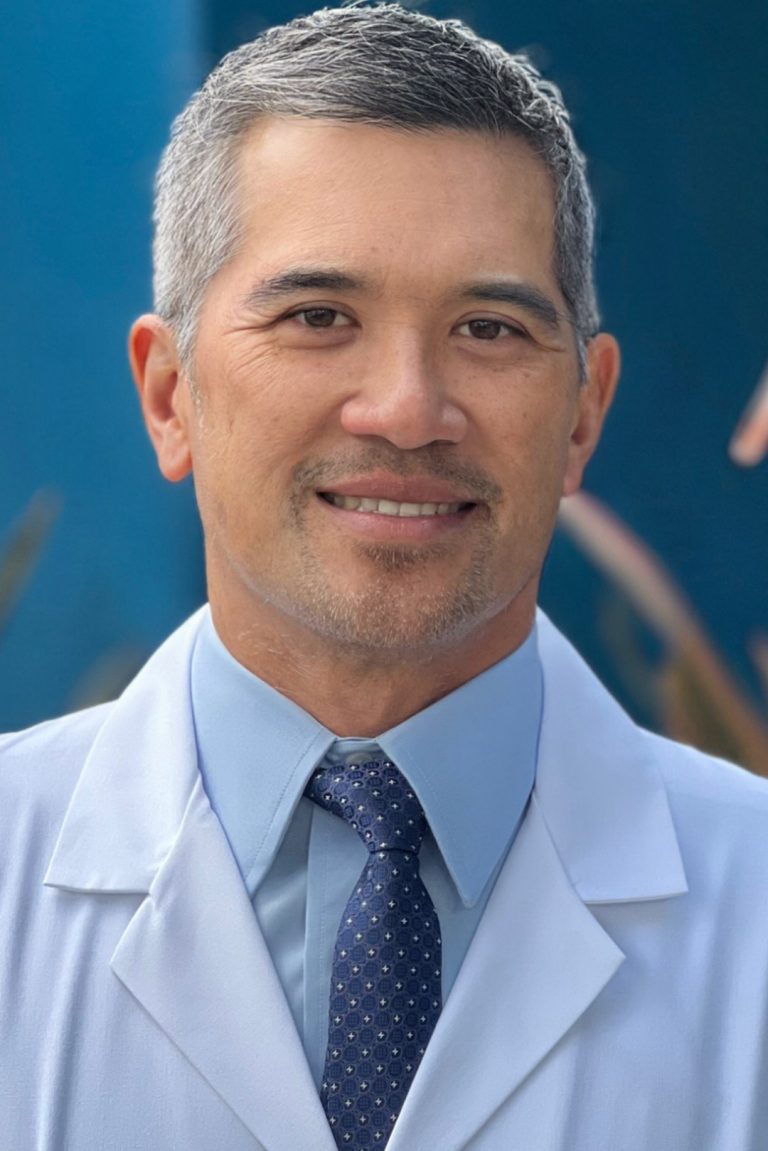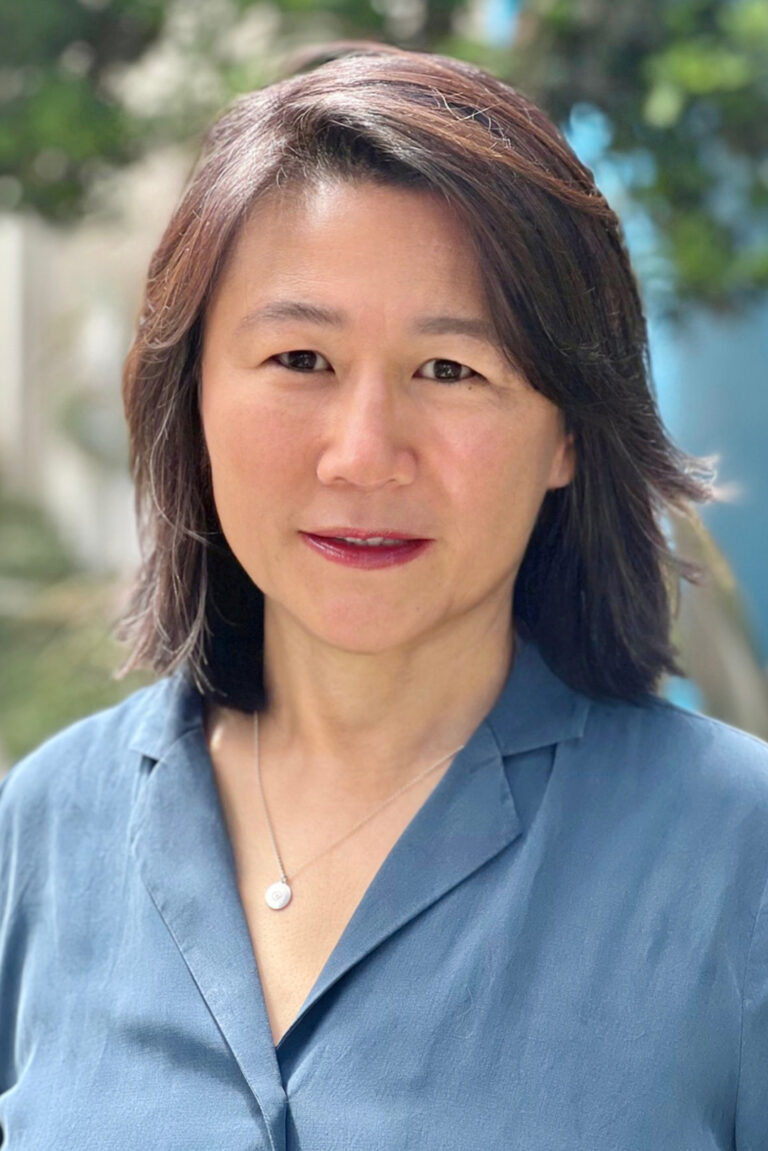The ultimate goal when it comes to eating and your relationship with food is freedom. Having food freedom means knowing you can eat whatever you want, whenever you want, but nevertheless choosing to eat nutrient dense, wholesome foods that nourish your body and mind. It means making informed choices based on direct information from your body about how food makes you feel physically, not just emotionally. I know that some people have been denying themselves foods for years and when they do “cheat,” it is often followed by guilt. When you have food freedom there is no cheating or guilt because you are making informed choices. How do you get to the place where you are in control of food, not the other way around? Peak at the list below. You may need to start at step 1, and hang there for a while, or maybe skip to step 3. Read each section and enjoy this journey to feeling freedom with food.
- You have food cravings or feel deprived when you deny yourself sugar and processed foods.
If you are daydreaming about certain foods, or you really want a pastry with your coffee but choose not to because you don’t want to be “bad,” then this is your place to start. During this step, go ahead and eat a donut or M&Ms. Drink the milkshake or order fries with your salad (or burger). Many people won’t feel good from all the sugar or fried foods and will be ready for the next step after about a week. For those that have been restricting their eating for years, they may need to settle into this step a bit longer. After a while many people naturally start to want to incorporate more real food and less processed foods into their diets. No rules here. This phase can be a very important step for people deciding to make permanent dietary changes. One caveat, and it’s essential – eat whatever you want, BUT always eat slowly and mindfully. Ask yourself how the food tastes in your mouth. Be mindful of texture and flavor. Chew your food thoroughly, swallow before putting any more food in your mouth. Then check in with your body without guilt or shame.
- Reset with the Elimination Diet
This is the strictest, but most necessary, step to getting rid of food cravings and to start feeling the benefits of food freedom. During this phase all common food sensitivities and inflammatory foods are removed. Food sensitivities can lead to food cravings and other health issues like bloating, gas, fatigue, weight gain, and acne. For the next 3-weeks eliminate:
- Gluten: wheat, spelt, rye, barley, couscous
- Dairy (cow and goat): cheese, milk, yogurt
- Soy
- Nightshade vegetables: tomatoes, white potatoes, peppers, eggplant.
- Processed Foods: no bread (including gluten free bread), no crackers, no pasta, no chips, nothing from boxes.
- Sugar: sugar cane, honey, agave, maple syrup AND natural sugar substitutes like stevia
- Eggs: I love eggs, but many people are sensitive to them so avoid during these 3-weeks.
- Alcohol
- Peanut and Peanut butter
- Coffee – if you can stop coffee for 3-weeks, do it. Try green tea and see how it makes you feel. This can be a touchy subject for some people. Coffee has health benefits so I am not against enjoying a cup of coffee, but I often find people experience more sustained energy levels throughout the day when they are drinking green tea rather than coffee. If you are attached to your coffee, try limiting it to 1 cup daily – I don’t want coffee to be the deal-breaker that stops you from completing this phase.
What can you eat? Real Food!
- Dark leafy greens
- Vegetables
- Fruits
- Whole grains (rice and quinoa)
- Lentils
- Beans
- Nuts and Seeds
- Organic free-range chicken and turkey
- Wild, low mercury fish like wild salmon and sardines
- Grass-fed, pasture raised beef
- Lots of water!
- Food Challenge Time
How are you feeling? If you notice a big difference (and most people do), challenge the avoided foods back into your diet and see how your body reacts. For example, eat 3-4 eggs over a day and see how it makes you feel over the next 72-hours (it can take that long to have an immune response). If you have a food reaction (e.g., bloating, gas, or fatigue), avoid that food for 4 months, then challenge again. But If you feel great eating those eggs, you can introduce them back into your diet. Either way, by the end of each challenge you will have significantly more information about how each food affects your body. This knowledge is empowering and liberating. I will never tell you not to eat bread ever again, but if you know that gluten makes you bloated, then when you do eat bread, your choice will be an informed choice. For many people, following the Reset/Elimination diet about 80% of the time is enough to achieve food freedom. You will be in a place where eating sweets in moderation is easy and the natural thing to do; where your body, not just your mind, is guiding you to make food choices that make you feel the best.
- You feel better eating clean, unprocessed foods, but you haven’t lost weight.
Ok, it’s time to step it up a bit. You now need to eliminate grains and legumes and up the healthy fat (avocado, nuts, seeds, coconut), dark leafy greens, vegetables, and protein (wild salmon, eggs). Reducing carbohydrates can start your body burning fat for fuel instead of glucose and that facilitates weight loss. Everyone is metabolically unique, but many people thrive more and feel a greater physical balance when they substantially cut back carbohydrates.
I have walked hundreds of patients through this approach and love seeing people achieve a sense of freedom with food. You can get to a point where sugar just does not look good anymore and saying no to a cookie or pizza is coming from a place of really not wanting it, rather than your brain saying it is a forbidden food. That freedom can translate into more confidence and motivation to approach the rest of your life. Each step along the way can be tweaked and individualized for you so you can achieve food freedom.
If you want to work one on one through this approach, consider scheduling an in person appointment or telemedicine consult.
Dr. Maggie Ney is Director of the Women’s Clinic at the Akasha Center and specializes in women’ health, hormones, and healthy aging. You can schedule an appointment with her by calling 310-451-8880 or emailing us at info@akashacenter.com.

